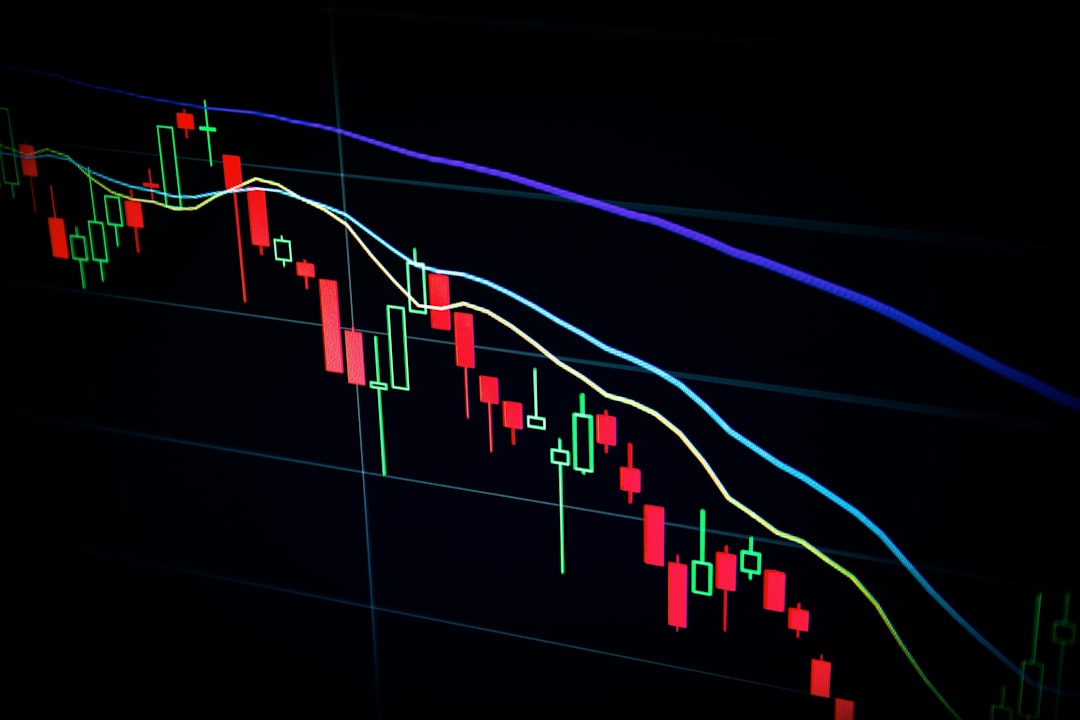
Japanese stock markets faced sharp sell-offs on Monday following concerns over heightened trade tariffs under U.S. President Donald Trump. However, analysts from Citi suggest that the downside may be limited, citing lower valuations and possible central bank interventions.
Japanese Stocks React to Trump’s Tariff Moves
The Nikkei 225 index plunged 2.3% on Monday after Trump signed executive orders imposing 25% tariffs on Canada and Mexico and a 10% duty on Chinese imports. Automaking shares, including Toyota (NYSE:TM), were among the worst hit due to their reliance on Mexican manufacturing.
However, the market showed signs of recovery on Tuesday, with Nikkei 225 rebounding over 1% as Trump announced a 30-day postponement on tariffs for Mexico and Canada after border agreements were reached.
Analyst Views: Limited Scope for Further Weakness
Citi analysts noted that Japanese stocks had already been trading at relatively lower valuations compared to U.S. equities since October 2024. They believe this provides a cushion against further declines. Additionally, they see limited chances of Trump imposing direct tariffs on Japan before the upcoming U.S.-Japan summit in February.
For deeper market insights, traders can utilize the Sector P/E Ratio API to analyze valuation discrepancies across different stock sectors.
Central Bank Interventions as a Buffer?
In the event of a prolonged global trade war, Citi analysts suggest that central banks worldwide, including the Bank of Japan (BOJ) and the Federal Reserve, may introduce more monetary easing policies. Increased liquidity could benefit both U.S. and Japanese markets, given their historical positive correlation.
Traders looking for historical market trends can refer to the Sector Historical API for in-depth sector performance data.
Outlook: Uncertainty Looms Over Japanese Markets
Despite the short-term rebound, Citi analysts remain cautious about Japan’s stock market outlook due to uncertainties surrounding Trump’s trade policies. With Chinese tariffs still set to take effect, investors are closely watching how global trade tensions evolve in the coming weeks.
While Japan’s stock market faces turbulence, Citi’s insights suggest that lower valuations and central bank support could help stabilize equities, offering potential opportunities for investors looking for resilient markets.
At CWEB, we are always looking to expand our network of strategic investors and partners. If you're interested in exploring investment opportunities or discussing potential partnerships and serious inquiries. Contact: jacque@cweb.com

